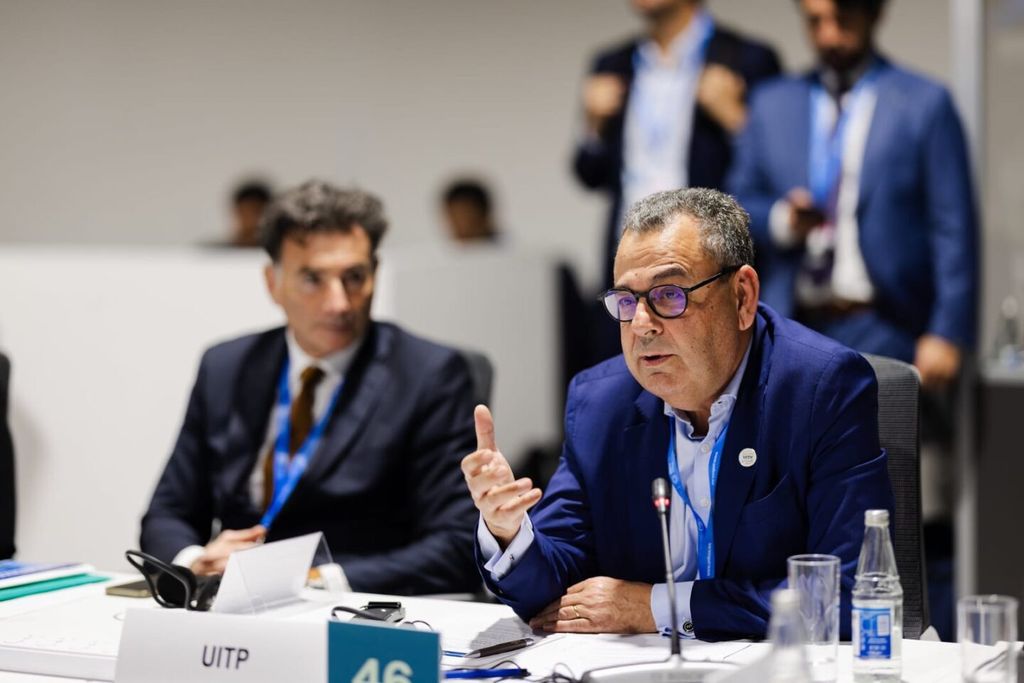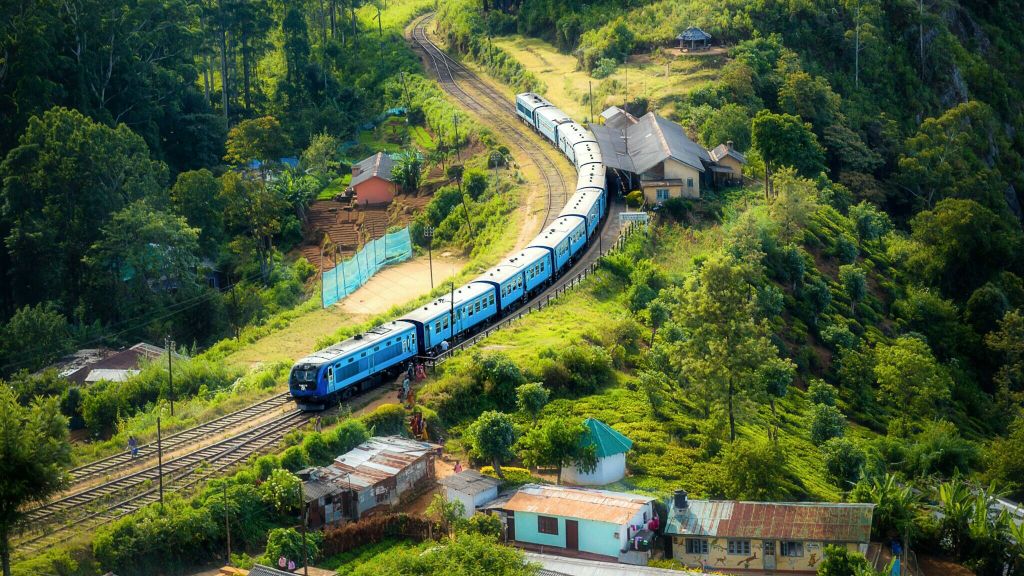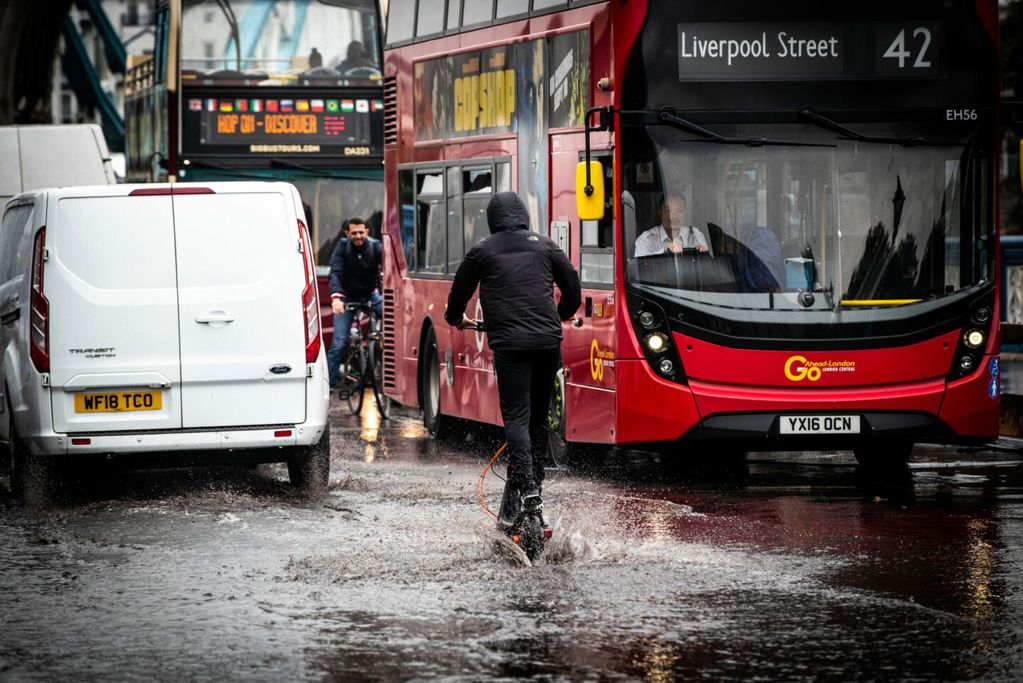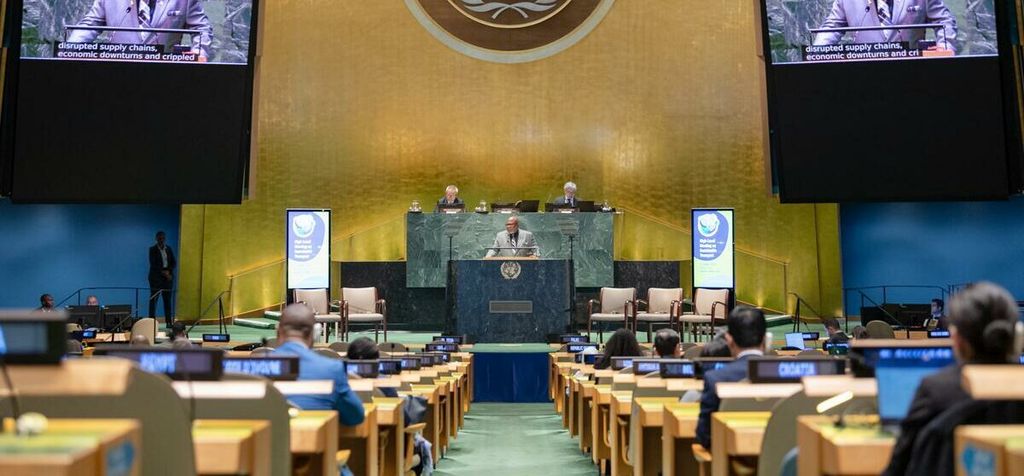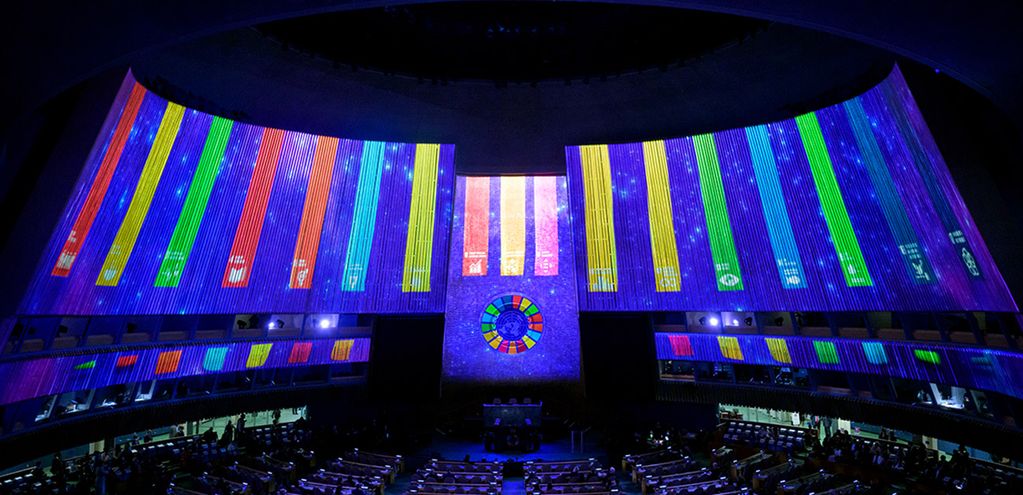
World leaders meet to accelerate SDG progress
The half way point of the 2030 Agenda and Sustainable Development Goals
The 2023 SDG Summit on 18-19 September 2023 in New York brings together global Heads of State and Government to take stock of the progress made on the Sustainable Development Goals (SDGs). It marks the beginning of a new phase of accelerated progress towards the Sustainable Development Goals. An acceleration that needs public transport at the centre of transport and mobility.
“The achievement of the SDGs is in peril”, states the political declaration that is set to be adopted at the forum. “At the midpoint of the 2030 Agenda, we are alarmed that the progress on most of the SDGs is either moving much too slowly or has regressed below the 2015 baseline. Our world is currently facing numerous crises.”
“Years of sustainable development gains are being reversed. Millions of people have fallen into poverty, hunger and malnutrition are becoming more prevalent, humanitarian needs are rising, and the impacts of climate change more pronounced. This has led to increased inequality exacerbated by weakened international solidarity and a shortfall of trust to jointly overcome these crises.”
The declaration also reaffirms that “climate change is one of the greatest challenges of our time. We express profound alarm that emissions of greenhouse gases continue to rise globally, and remain deeply concerned that all countries, particularly developing countries, are vulnerable to the adverse impacts of climate change.”
The SDG Summit must be a moment of unity to provide a renewed impetus and accelerated actions for reaching the SDGs
People depend on public transport. It is essential to powering lives and livelihoods, moving people and ensuring no one is left behind. Transforming public transport is an essential part of securing the future, protecting the planet and the sustainability of our cities.
As the world hits 8 billion people, with most living in urban areas, only half of the world’s urban population can claim to have a sustainable transport system fit for the future. To get us back on track, we need a transformation of transport in cities through the scaling up of policy measures and shifting finance towards public transport. If not, then the Sustainable Development Goals (SDGs) will remain out of reach.
The SDGs have a specific target (11.2) to expand public transport. As cities grow, so must they grow their public transport systems and ensure that they are safe, affordable, accessible and sustainable. The benefits of doing so are clear, both for this and future generations.


We need urgent action
Time is running out. We need policies and investments that makes public transport better and enables cities to make a difference. Public transport has the ability to transform people’s lives and can make the SDGs a reality. If we do things right, it can lock us into a future of prosperity: for our society, economy and the environment.
If we ensure that all our urban citizens have convenient access to public transport, we will truly have a Vision Zero future: no inequality to access, no deaths on our roads, no pollution, no emissions, no discrimination, no marginalisation, and no limits.
We can Improve lives and the planet, Shift the economy and society to a better place and Avoid inequality with more public transport. That is our vision for 2030 and beyond.
If we ensure that all our urban citizens have convenient access to public transport, we will truly have a Vision Zero future: no inequality to access, no deaths on our roads, no pollution, no emissions, no discrimination, no marginalisation, and no limits. We can Improve lives and the planet, Shift the economy and society to a better place and Avoid inequality with more public transport. That is our vision for 2030 and beyond.
About the sustainable development goals
The 2030 Agenda on Sustainable Development and its 17 Sustainable Development Goals (SDGs) was adopted in 2015. It serves as a global plan of action to drive economic prosperity and social well-being while protecting the environment.
The 17 SDGs range from targets aimed at creating sustainable cities and communities to ending poverty. They are all integrated and linked, meaning that they recognise that action in one area will affect outcomes in others, and that development must balance social, economic and environmental sustainability.



